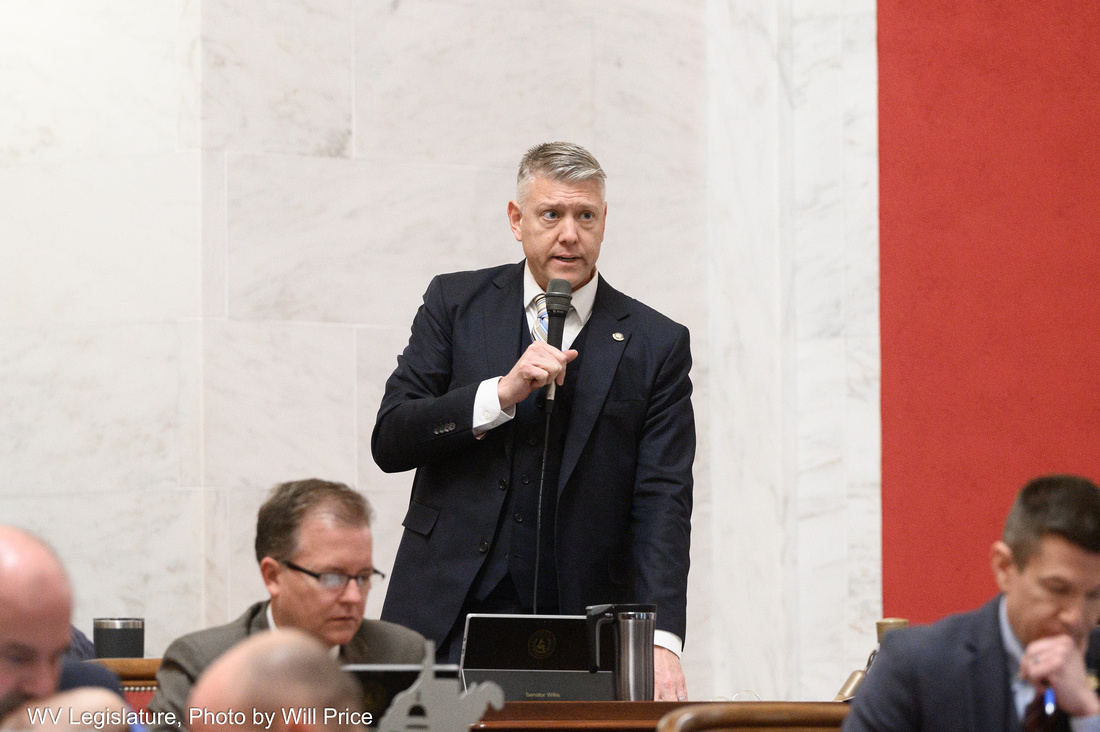For months, policies for filling vacant seats in the West Virginia Legislature have been a point of partisan contention. Now, the West Virginia Senate has moved to modify the protocol in place.
Senate Bill 139 passed without opposing votes or a Senate floor discussion on Friday. The bill would make two changes to existing rules for how to fill a vacancy.
First, the bill would tighten residency requirements for appointees, requiring them to live in a district for one year before holding their seat. Current residency laws let anyone who has lived in the same county for one year be appointed to a seat, regardless of whether they have lived in the specific district.
The bill would also relegate appointment authority to the most recent officeholder’s party.
In January, the West Virginia House of Delegates voted to vacate its 91st district seat, won by Republican Joseph de Soto of Berkeley County in November’s general election.
De Soto was arrested by West Virginia State Police in December, which a majority of the House voted precluded him from taking office. But before his arrest, de Soto re-registered as a member of the Democratic Party, which some House Democrats said entitled their party to name his replacement.
Republicans have dismissed Democrats’ claim to authority over the replacement process, arguing de Soto never formally took office. Under the bill, replacement authority over vacated seats— like the House’s 91st district seat — would fall on the last outgoing lawmaker’s party. That would be the Republican Party.
Sen. Bill Hamilton, R-Upshur, is the lead sponsor on Senate Bill 139. While the bill received a stamp of approval from the state’s Senate, it still needs to be passed by the House before it has the chance to become law.
The House will now have the opportunity to review Senate Bill 139, and decide whether it will be sent to the desk of Gov. Patrick Morrisey to potentially be signed into law.
